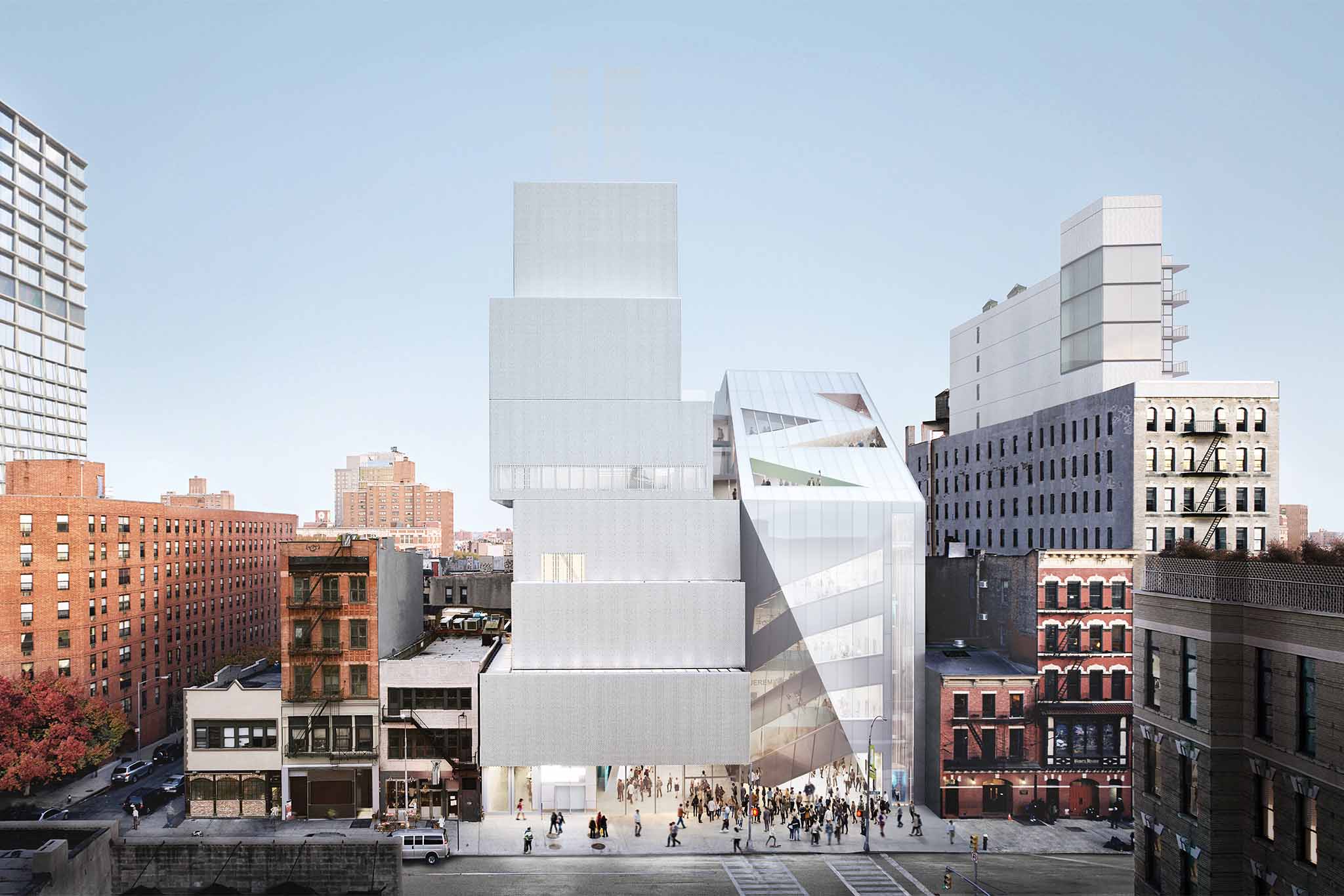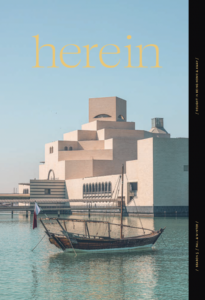By Rachel Bouvier
Whether your interest is in centuries-old artifacts or the latest works of contemporary art, 2025 is set to be a banner year for museum-going. From Paris to New York, London to Cairo, an array of bold new institutions and reinvigorated landmarks is changing how art and culture are housed, narrated, and discovered.
From throwing open archive doors to engineering massive moving platforms, this is more than a season of openings—it’s a global rethinking of what a museum can be.
Take, for example, a storage facility that becomes the main attraction. That’s the premise behind the V&A East Storehouse. Opened in May on London’s East Bank, its initial purpose was to privately store half a million pieces of the museum’s collection. But instead of a closed vault, the V&A decided to create a space that would be open to the public, demystifying the behind-the-scenes work of curators and providing access to rare objects and items not otherwise on display.
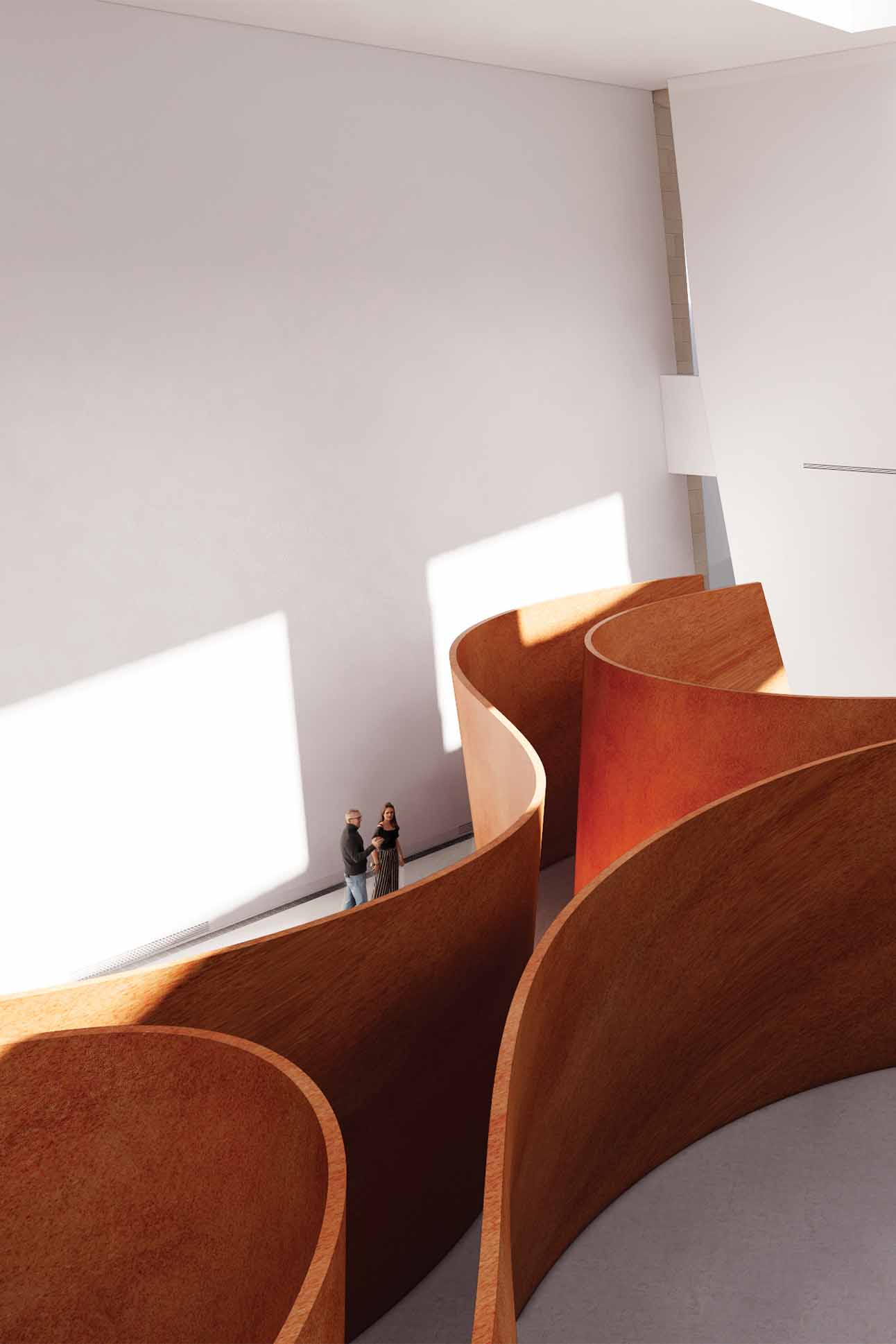
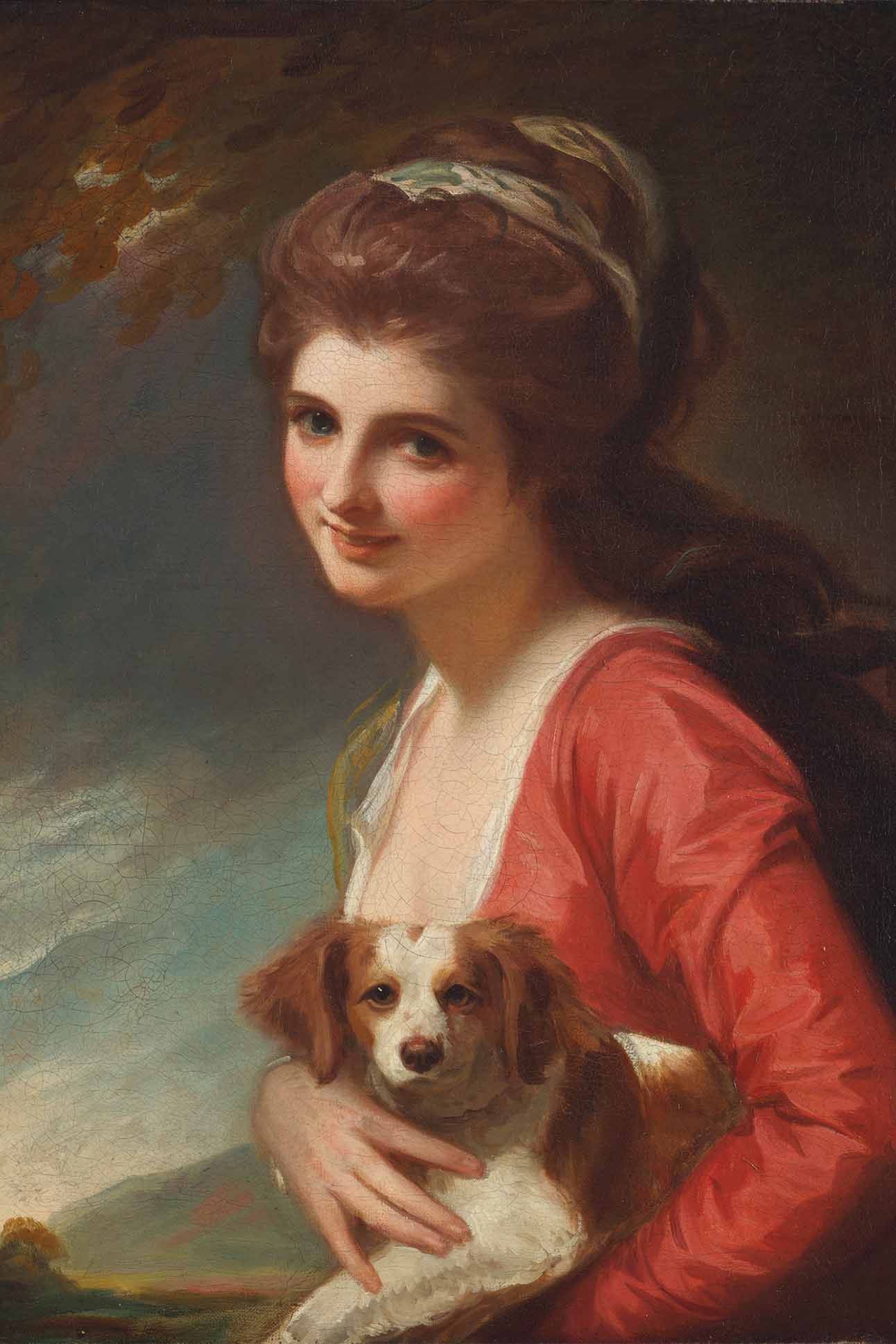
Long aisles of industrial shelving become avenues of serendipitous inspiration while the museum’s Order an Object program allows visitors to request an item to view with the assistance of a curator—an intimate interaction you wouldn’t expect at such a storied institution.
While the V&A East Storehouse pushes us to reconsider what a museum is, the new Fondation Cartier Pour l’Art Contemporain in Paris asks us to reimagine how one is built. Jean Nouvel, the architect behind the museum’s former glass-and-steel pavilion, has returned to design its new home: a Haussmannian building on the Place du Palais Royal that was originally constructed for the 1855 Paris Exposition.
Nouvel honors the historic structure while introducing innovative new design elements—most notably, five mobile platforms that can be reconfigured to shape the museum around the art on show. “The space is marked by a different way of doing: a way of conceiving how artists can have maximum power of expression,” he says. Its inaugural exhibition will look back at 600 works from more than 100 artists who have shaped the institution’s identity from 1984 to today.
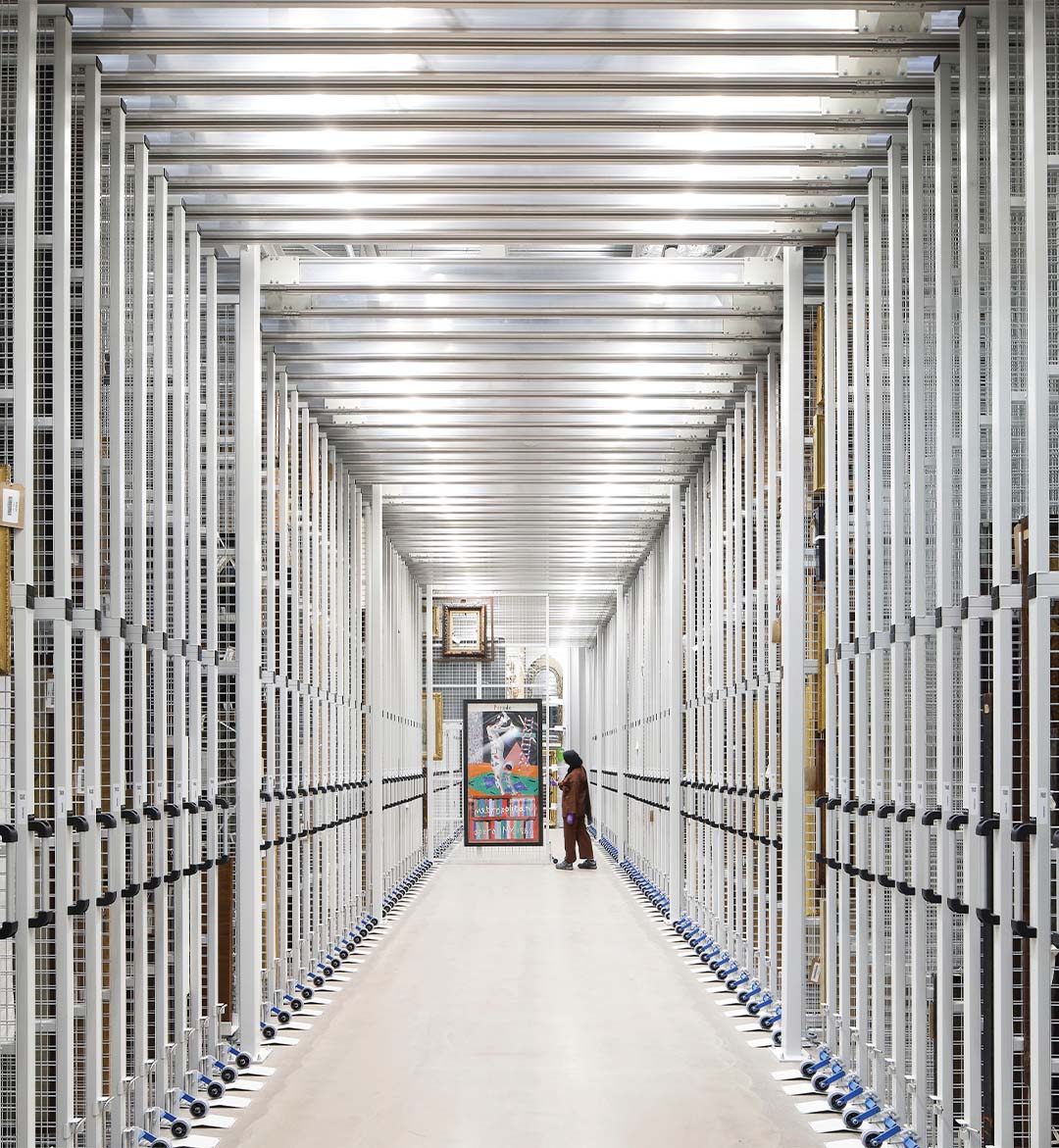
Across the pond, two museums are changing New York City’s cultural landscape. In Midtown, the Frick Collection completed a $220 million renovation and enhancement project that restored the first floor of the Gilded Age mansion while adding a suite of new upstairs galleries. Formerly the Frick family’s private living quarters, these rooms are open to the public for the first time, offering an intimate setting for installations.
Meanwhile, in the Bowery, the New Museum is undertaking a futuristic, 60,000-square-foot expansion designed by OMA’s Shohei Shigematsu and Rem Koolhaas. The exterior architecture complements the existing building while still asserting itself. Inside, the spaces integrate seamlessly to double the museum’s gallery space and create a home for its incubator program, which supports emerging artists through residencies, resources, and mentorship.
Contrasting architecture also takes center stage in Kazakhstan at the Chapman Taylor-designed Almaty Museum of Arts. Inspired by the harmony between the natural landscape and urban environment of Almaty, the museum contains two wings: one in limestone to evoke the mountains, and the other in aluminum to represent the city. The museum promotes the region’s art with over 700 modern Kazakh artworks, as well as international pieces by Yayoi Kusama, Richard Serra, and Fernand Léger.
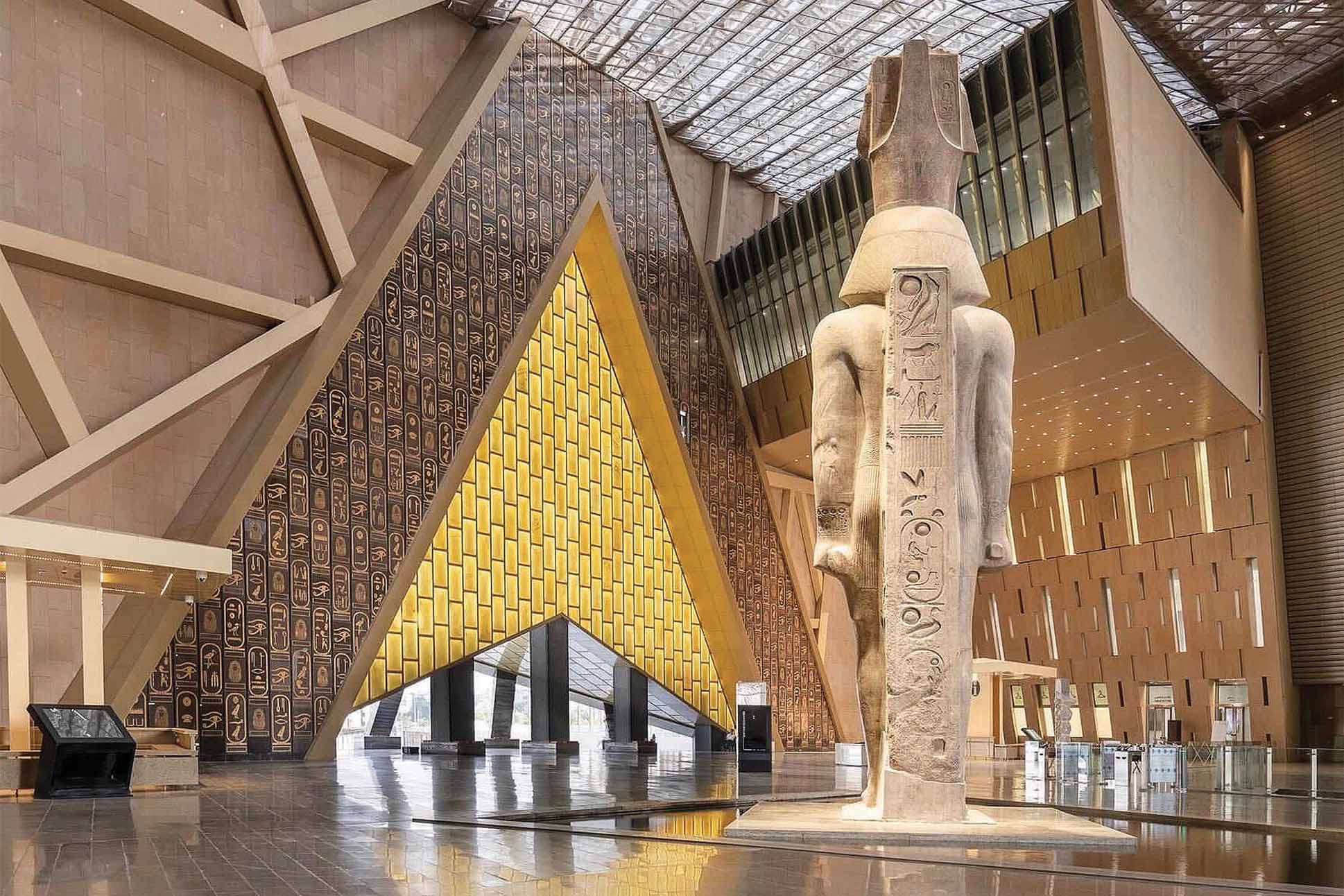
The most anticipated museum opening of the year is certainly the long-awaited Grand Egyptian Museum (GEM) outside Cairo. More than two decades in the making, GEM will officially open its doors at the end of 2025.
With a collection of 100,000 artifacts—20,000 of which have never before been displayed—the museum is the largest in the world dedicated to a single civilization. Many of its galleries are already accessible to visitors, but its centerpiece, the Tutankhamun Halls, promises to be a defining cultural moment. For the first time, all of the teenage pharaoh’s treasures will be exhibited together in one place. Enhanced by technology—from VR to interactive elements—GEM is yet another example of how, even when housing humanity’s oldest treasures, today’s museums are dynamic and evolving into something entirely new.

